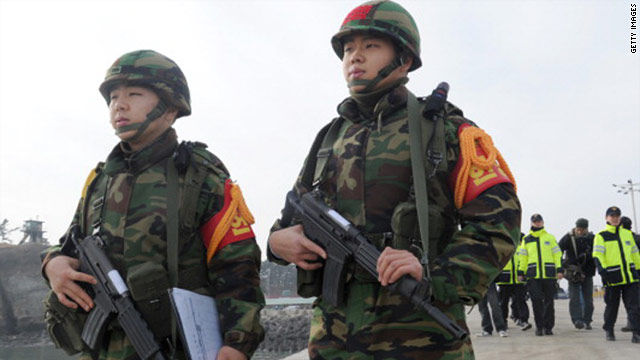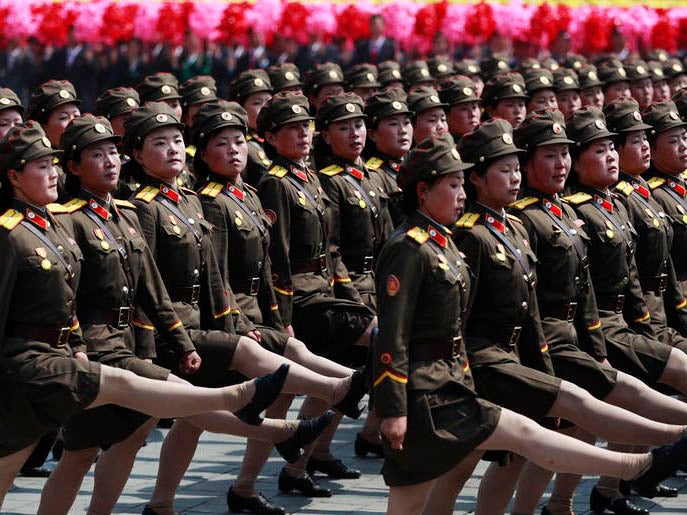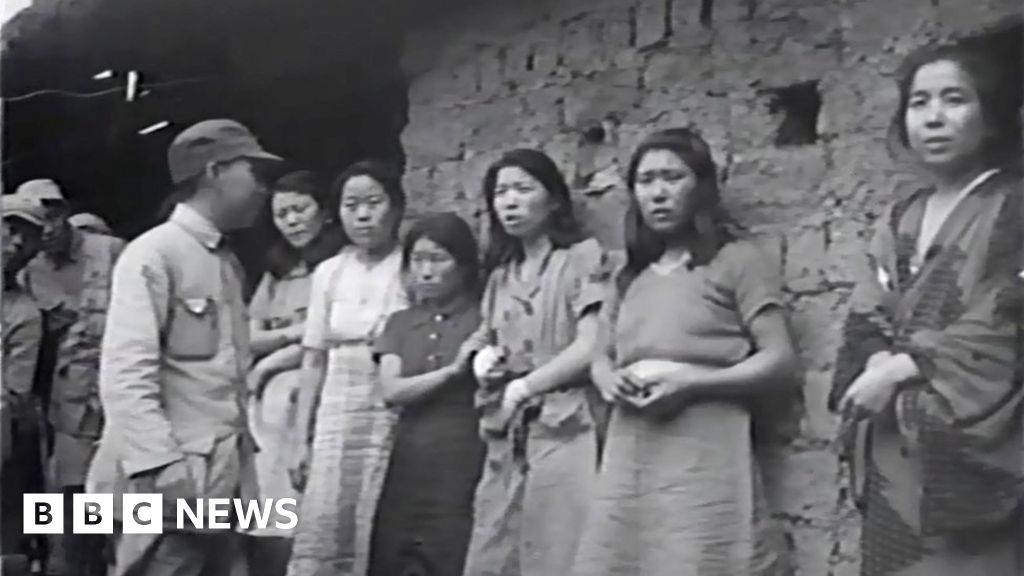

This was pretty basic Realpolitik-but culturally, at least, it was imagined in intimate, sexual, or familial terms.

The opportunity to contain communism in Asia after World War II and ensure the stability of allied governments, no matter how undemocratic, shaped the tenor of American interest in Asia after 1945. soldiers are always ready to “Fight Tonight” in case of renewed war with North Korea.Īmericans have long relied on sexual metaphors to figure the country’s relationship with East Asia, casting the imperial presence in Asia as benevolent, pleasurable, and natural. The United States led one side of the Korean War (1950–53) and maintains a large military presence in Japan and Okinawa as well as in South Korea, where thousands of U.S.

military occupied Japan (1945–52) and the southern half of a newly divided Korea peninsula (1945–48). The defeat of imperial Japan in World War II allowed the United States to build an extensive military presence across East Asia, where it remains entrenched today. and Western trade, a relationship he described as “amicable intercourse.” In 1882 Shufeldt would be the chief architect of the treaty “opening” Korea to U.S. It is on this ocean that the East & the West have thus come together, reaching the point where search for Empire ceases & human power attains its climax. Let us as Americans-see to it that the ‘bridegroom cometh’. Shufeldt described the Pacific as “the ocean bride of America” and imperialism as sexual consummation: This has been especially true in East Asia, where Asian women’s voices have gone unheeded while stories about them have been amplified with deadly consequences.Īmericans have long relied on sexual metaphors to figure the country’s relationship with East Asia, a turn of phrase that perhaps titillated the speaker but also cast the imperial presence in Asia as benevolent, pleasurable, and natural. wars, occupations, and continued military presence in the region. In the fantasies of American men, the enduring connection of Asian women to sex, the understanding of Asian women as “submissive” to a dominant American partner, and the shading of sex into violence, has its origins first and foremost in the U.S. The Atlanta shooter comes from a culture shaped by decades of U.S. They would ‘go into this whole thing about how they served in the military in Korea and how they had this amazing Korean girlfriend that was just like me. It is the ‘Me so horny, I love you long time,’ in like weird accents, and ‘Oh, are you Korean? I love Korea,’ she said, adding that she began to wonder if American men were crazy. Sung Yeon Choimorrow, executive director of the National Asian Pacific American Women’s Forum, described to the New York Times what men said to her when she arrived in the United States for college in 2000: I see this exhaustion in the commentary I read from the United States now too, where, following the Atlanta murders and a national wave of anti-Asian violence, Asian American women have taken to telling their own stories, again, with the icy and deliberate anger of those who have been living with, and saying, this their whole lives. Activists, feminists, and historians are exhausted from explaining again, and again, the basic idea that Asian women’s stories and lives matter. Yet Ramseyer’s claims are echoed by the Japanese government’s continued attempts to downplay the issue. That this even remains a matter of debate is astonishing: Ramseyer’s assertion came despite survivor testimony and over a decade of careful scholarship documenting the enslavement of women from Japan’s colonies into a system of sexual slavery. Mark Ramseyer’s claim-now known to be based on nonexistent sources-that Korean women’s conscription into imperial Japan’s “comfort women” system from 1932 until 1945 was wholly voluntary. The killings came on the heels of an international outcry following Harvard professor J. Activists, feminists, and historians are exhausted from explaining again and again the basic idea that Asian women’s stories and lives matter.


 0 kommentar(er)
0 kommentar(er)
